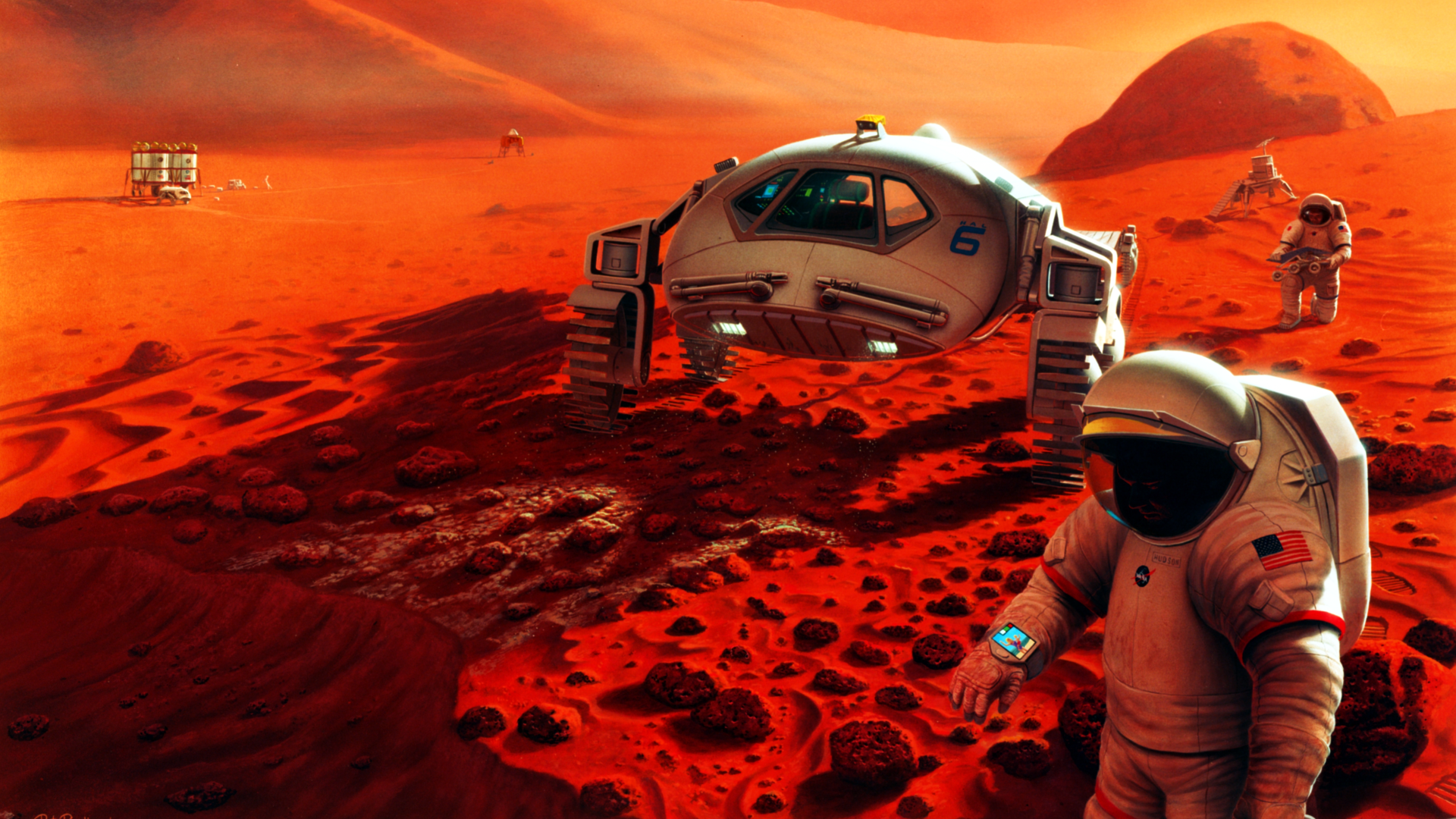Following a recent study, scientists recommend that no human expedition to Mars should surpass four years on account of its exceedingly high radiation.
Colonising the Red Planet has long been a source of obsession for billionaire tech tycoons like Richard Branson and Elon Musk, but the science suggests lengthy human expeditions may be off the table.
Researchers at the University of California have been testing the feasibility of living on Mars, not in terms of natural resources or terraforming logistics, but explicitly its levels of radiation and whether mankind would be safe to stay over long periods.
The team’s findings paint a very different picture to research from two years ago, which suggested humans may be able to reproduce on the planet. By contrast, the UCLA paper reveals that the impact of particle radiation may pose too great a threat to settle at all.
On Earth, our immense magnetic field and dense atmosphere protect us from the radiation risk induced by Solar Energetic Particles. On Mars, however, the thorny combination of a thin atmosphere and an ineffective magnetic field leaves the planet more exposed to space radiation.
The team ran simulations based on particle radiation from both the sun (SEP) and cosmic rays from the wider galaxy (GCR) at several geological points on Mars. Based on the readings, they regrettably recommend that humans spend no longer than four years on any Mars-related mission.


















